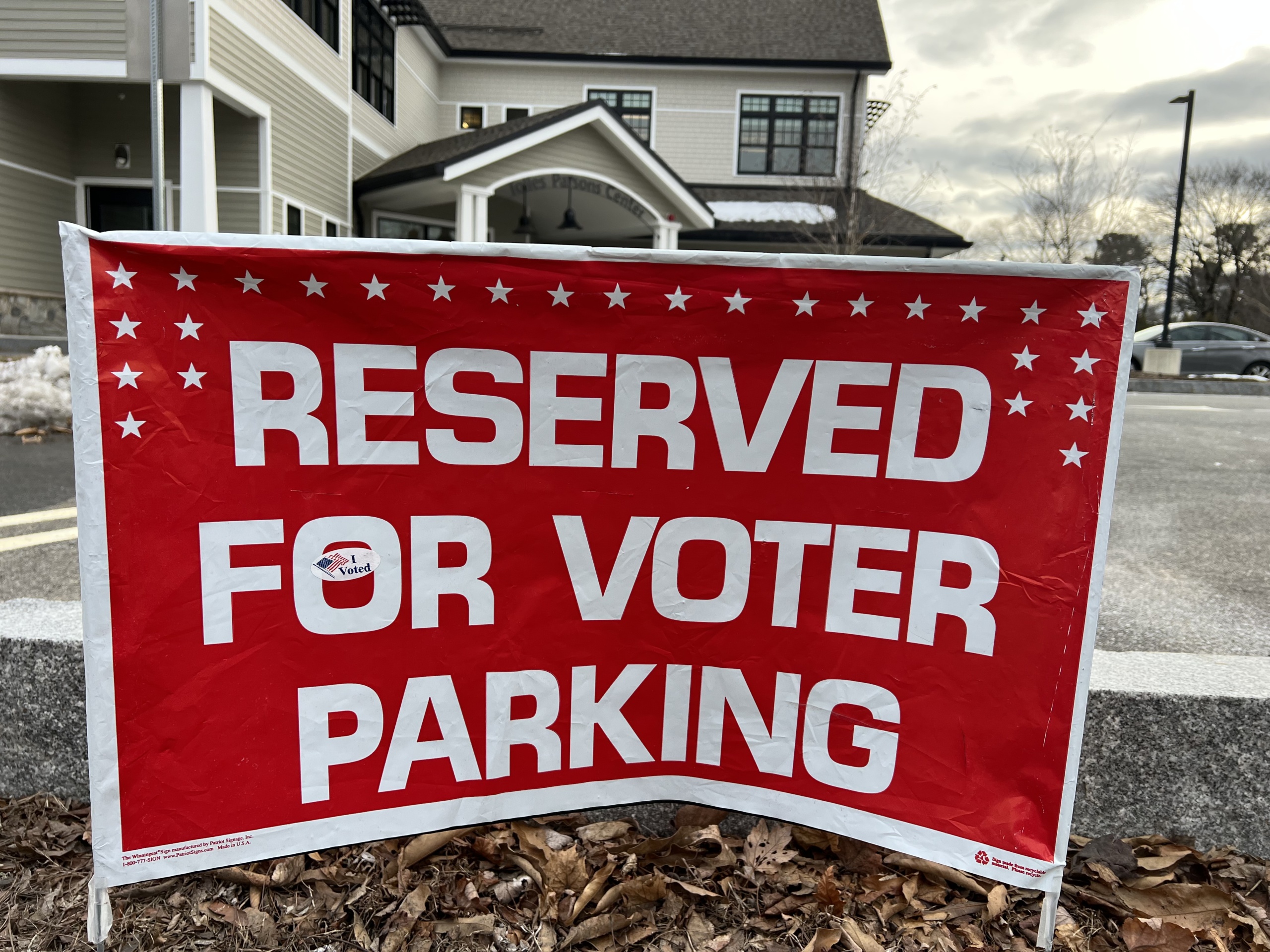On March 7, Wellesley held its annual town elections. Residents casted their votes either through mail-in ballots or at in-person polling places located in their precinct. While the vast majority of positions were single-candidate, several had multiple candidates competing for a limited number of positions.
The following breakdown covers each of the newly elected officials with information about each position and this year’s candidates.
The first office with seats up for election this year was the Select Board. The Select Board is the chief executive board of Wellesley and makes decisions about the interests and welfare of the town not covered by the authority of other boards or offices. Candidates Odessa Sanchez, Thomas Ulfelder, and Elizabeth Sullivan Woods ran for this office, with both Ulfelder and Sullivan Woods running for reelection. Ulfelder and Sullivan Woods were both reelected, winning this year’s two seats up for election, and each will serve a three-year term.
Perhaps the most watched seats up for election this year were the School Committee’s two open seats. The School Committee is a body of five members, responsible for developing school policies, managing and evaluating the superintendent, overseeing the budget and facilities, and advocating for the school district. Each member serves a three-year term. Christina Horner, Catherine Mirick, and Neal Glick ran, with Mirick the only candidate up for reelection. Horner and Mirick won.
The Board of Assessors had one seat up for election this year, with only one candidate, Stephen Burtt, who ran for reelection and won. The Board of Assessors is a three-member board that estimates Wellesley properties’ fair market value, sets the tax rate, prepares a valuation list of personal property and real estate, and processes Wellesley residents’ motor vehicle excise taxes.
The Board of Health had one candidate, Shira Doron, running for one seat up for election. The Board of Health gives leadership to the town on health and human service issues. Doron was successful in winning reelection.
The Wellesley Housing Authority, which manages state and federally funded public housing, had one seat up for election. Lisa Kaufman Heyison was the only candidate and won.
The position of Moderator, the official who runs the Town Meeting, was up for election this year. Mark Kaplan ran for reelection as the only candidate and won reelection.
The Natural Resources Commission, which, among its other responsibilities, supervises town parks and conservation areas, had two seats up for election. Three candidates, Martin McHale Jr., Michael Ortenzio Jr., and Jaden Crawford, ran. McHale was running for reelection. McHale and Ortenzio won.
The Library Board of Trustees had two seats up for election, with two candidates. Both Ann Rappaport and Linshi Li ran for reelection, with both being successfully reelected. On the board, Rappaport and Li will assist with the Library Board of Trustees’ responsibilities of overseeing all library services and policies, supervising library property, and working with the director of the library to establish a budget.
The Planning Board had one seat up for election with one candidate, James Roberti, running for reelection. Roberti was reelected. The Planning Board drafts recommendations for zoning amendments, provides permits to residents and developers, and creates objectives.
On the Board of Public Works, one seat was up for election, with only one candidate running for the position. Jeffrey Wechsler ran for reelection and won. On the Board of Public Works, Wechsler will continue working with the other two board members to oversee various public works responsibilities.
The Recreation Commission, which reviews policies, programs, and procedures of the Recreation Department, had one seat up for election, but there were no candidates running for the position. On the ballot, voters saw a blank section where they had the option of writing in the name of an eligible citizen to fill the position. Ansley Middleton Martin had the most write-ins for the position and therefore won the election.
One section of the ballots differed by precinct due to the fact that each precinct elects its own Town Meeting members. In each precinct, the number of open seats ranged from nine to fourteen. Complete Town Meeting election results by precinct are available here.
Despite the fact that local elections dictate much of how town dwellers’ day-to-day systems run, in last year’s town election, only 20 to 30 percent of active voters actually voted.
In this year’s election, the average turnout was 25 percent of active voters, with a low of only 19 percent in Precinct E.
One of the four School Committee student representatives, Ivy Wang ’24, emphasized the importance of civic participation in local elections.
“Town elections in particular can have very small margins, and every vote matters,” said Wang.
If citizens are eligible to register or pre-register to vote but have not yet, the Town of Wellesley website directs people to register through the online voter application.

